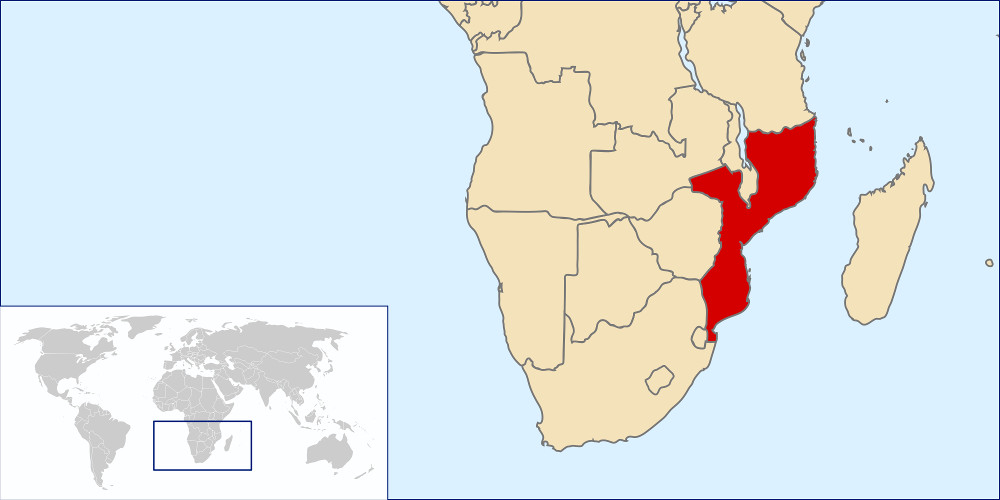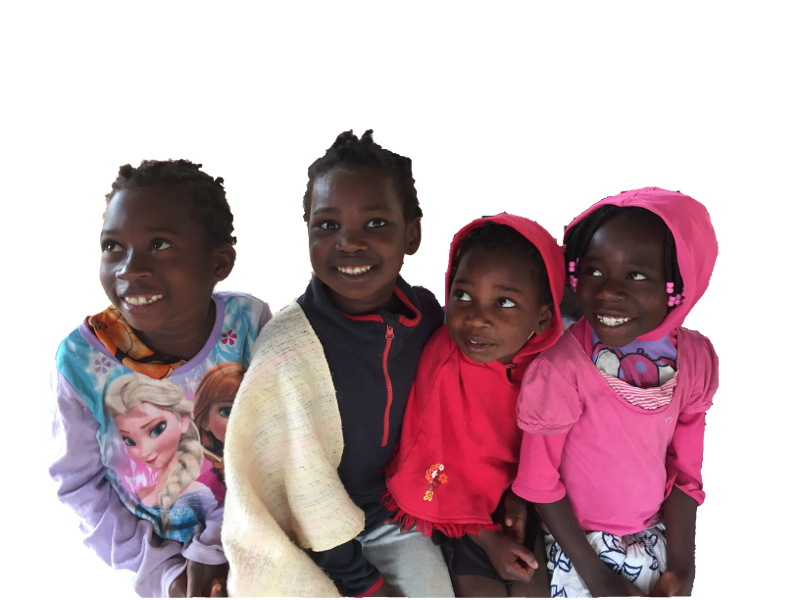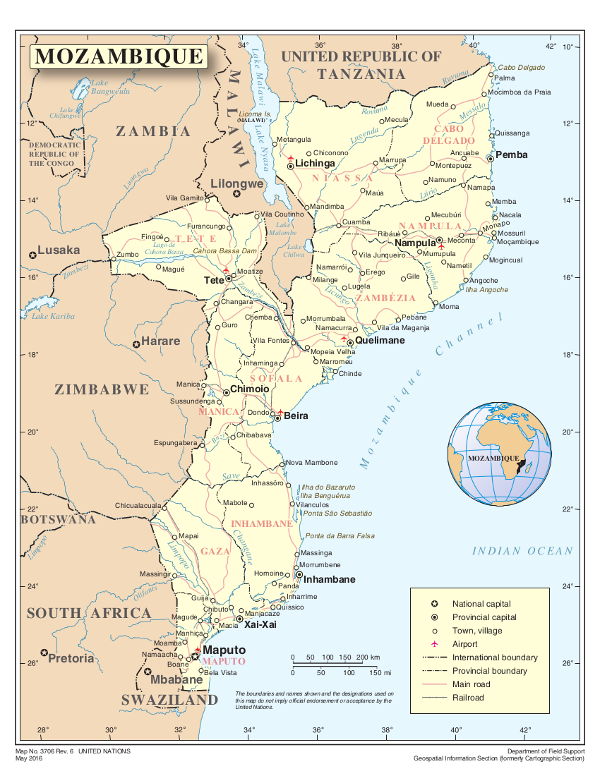Mozambique
Where

Mozambique is a country in southeast Africa twice the size of California with a population of 20 million.
History
Mozambique is a country that has been plagued by a history of war and injustice. Going back only to the 1960's Mozambique suffered through its 11-year war for independence from the rule of Portugal. After gaining independence in 1975 a Marxist government prevailed. This led to a bloody civil war resulting in the killing of up to one million people. This brutal war continued until 1992 when a cease-fire was officially established with the help of the United Nations. At that time Mozambique was among the poorest countries in the world. During that civil war, massive atrocities were perpetrated on civilians. Soldiers from both sides plundered villages - killing, raping and kidnapping children and young men for their armies. Most people did not even know which side they were being attacked by. Friends, neighbors and family members were separated and forced to fight on different sides in the war. The situation was compounded by droughts and floods which resulted in widespread famine in the 80's. Within three years after the cease-fire over 1.7 million refugees who had sought asylum in surrounding countries had returned to Mozambique. Also 4 million internally displaced people returned to their homes. All of these circumstances left Mozambique floundering with problems in every area of life resulting in at least 1.6 million orphans.
Problems
Mozambique has more than its share of problems:
- Disease: Mozambique suffers widespread malaria, tuberculosis, diarrhea/dehydration caused by impure water and the HIV/AIDS epidemic. HIV/AIDS is the most ominous threat to the development of Mozambique. It is estimated that one quarter of the deaths are attributable to HIV/AIDS. This has contributed to about 1.6 orphans in the country.
- Poverty: 69% of the people live below the poverty line.
- Education: During the colonial regime, 93% of the black population was illiterate due to extremely limited educational opportunities. Today, the illiteracy rate is still among the worst of developing nations at over 50%. Most of today's political leaders overcame this deficit by being educated in missionary schools. In recent years, school construction and teacher training enrollments have not kept up with population increases. With post war enrollments reaching all time highs, the quality of education has suffered.
Today
Mozambique is struggling to rebuild and move forward. But the issues it faces are staggering. In the meantime, the incidence of children being orphaned will escalate before it improves.



